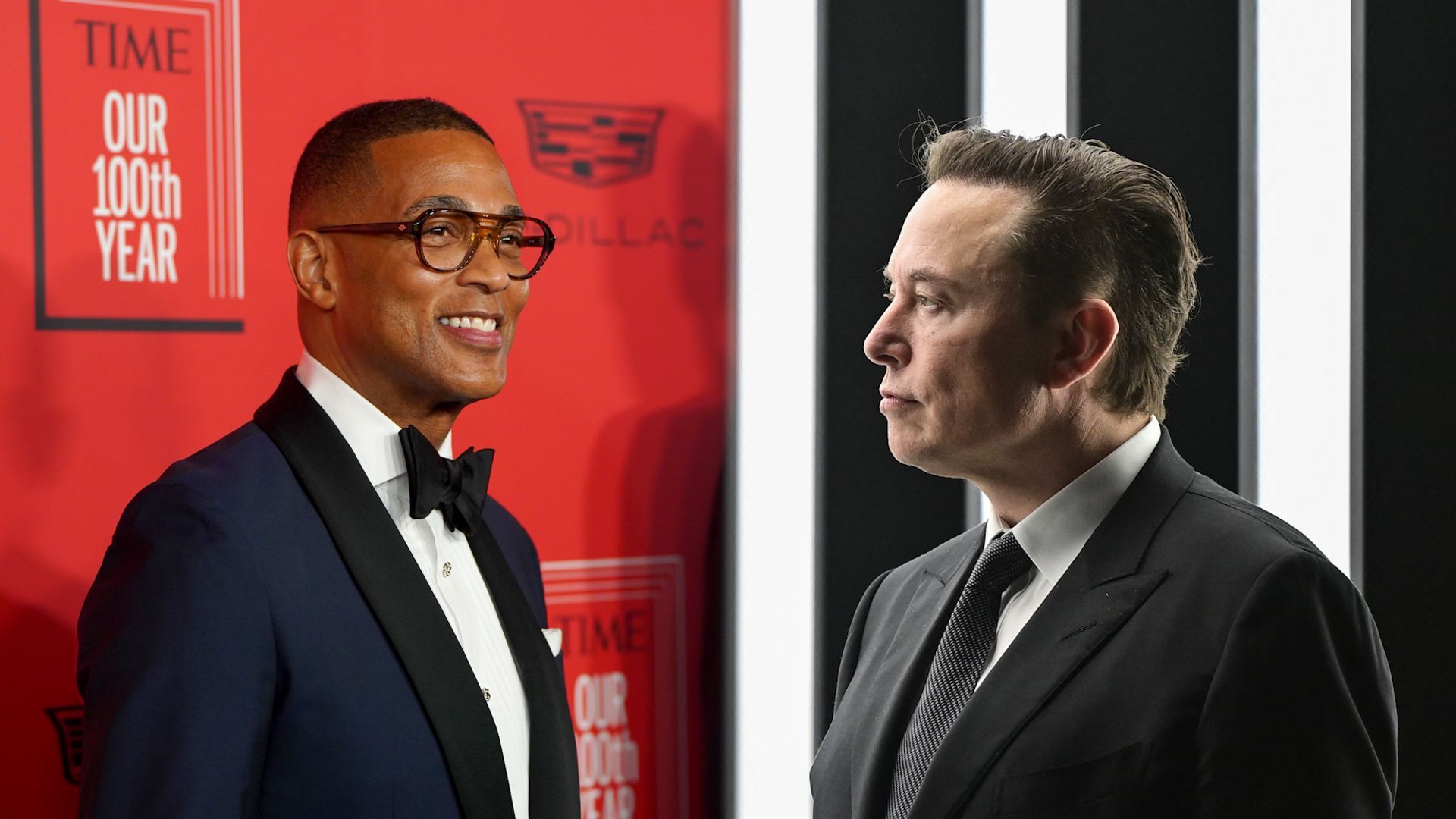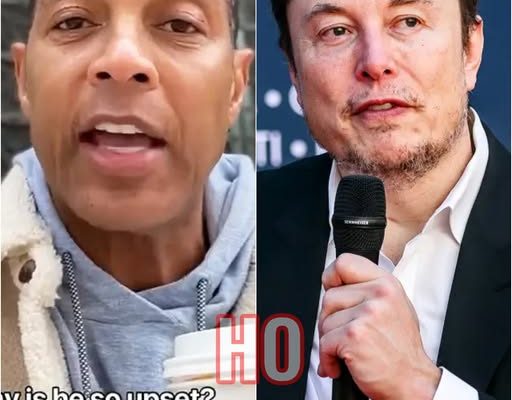Elon Musk has abruptly canceled former CNN host Don Lemon’s new show that
was set to debut on X. Lemon says he conducted an interview with Musk to air on
his first show but the tech titan did not like it. Musk reportedly sent Lemon’s
representatives a text, declaring “contract canceled.”
According to a published report, one of the questions that set Musk off was
regarding his ketamine use. He was also said to be upset over questions about
the upcoming presidential election.

In a dramatic turn of events, Don Lemon’s highly anticipated talk show on X
(formerly known as Twitter) was abruptly canceled before its debut. The decision,
made by Elon Musk, the platform’s owner, has sparked widespread speculation
and debate about free speech, journalistic integrity, and the future of the X
platform as a media outlet. This incident comes just months after Lemon’s
controversial exit from CNN, marking yet another professional setback for the
veteran journalist.
After being ousted from CNN, Lemon sought to rebuild his career on X, a platform
Musk has been promoting as a hub for free speech and open dialogue. The talk
show, slated to debut next Monday, was seen as a bold move for both Lemon and
Musk. Lemon promised viewers unfiltered conversations with high-profile guests,
with Musk himself set to appear in the premiere episode.
However, the partnership unraveled following a tense interview between Lemon
and Musk. According to Lemon, the interview included hard-hitting questions
about Musk’s controversial public stances, his alleged ketamine use, and his
opinions on the upcoming U.S. presidential election.
While details of the interview have yet to be fully released, reports suggest that
Lemon’s line of questioning struck a nerve with Musk. Lemon stated that he
believed the exchange was “tense but necessary,” emphasizing the importance of
challenging powerful figures, even on their own platforms.
“l asked him to do it, and he willingly agreed to the interview,” Lemon said.
“Throughout our conversation, I kept reiterating that, although it was tense at
times, I thought it was good for people to see and hear our exchange.”
One of the flashpoints reportedly involved Musk’s past admissions of using
ketamine, a dissociative anesthetic often associated with both therapeutic and
recreational use. Lemon pressed Musk on the implications of his behavior as a
public figure and leader of several influential companies.

Another contentious topic was Musk’s views on the 2024 presidential election.
Lemon allegedly asked pointed questions about Musk’s political endorsements
and their potential impact on public discourse.
Musk reportedly sent a terse message to Lemon’s representatives after the
interview, stating, “Contract canceled.” In a public statement, Musk criticized
Lemon’s approach, likening it to “CNN but on social media,” a dig at the traditional
media practices Musk has often derided.
“His approach was basically just CNN but on social media, which doesn’t work, as
evidenced by the fact that CNN is dying,” Musk tweeted.
Lemon, meanwhile, expressed frustration with Musk’s decision, accusing the
billionaire of hypocrisy. “Apparently, free speech absolutism doesn’t apply when it
comes to questions about him from people like me,” Lemon remarked.
The incident has reignited debates about Musk’s claim to champion free speech
on X. Critics argue that Musk’s decision to cancel Lemon’s show contradicts his
stated commitment to fostering open dialogue. Others contend that Musk, as the
platform owner, has the right to determine what content aligns with his vision for
x.
Lemon’s assertion that the interview will still be released on YouTube underscores
the broader conversation about media independence and the role of platforms in
shaping public narratives. Lemon’s decision to air the interview on a rival platform
could provide a more transparent view of the exchange and offer viewers a
chance to judge for themselves.

The cancellation of Lemon’s show raises questions about X’s viability as a space
for serious journalism. While Musk has touted the platform as a competitor to
traditional media, incidents like this suggest potential conflicts between editorial
independence and platform ownership.
Lemon’s show was expected to be a major step forward in X’s evolution from a
social media site to a comprehensive media hub. Its abrupt cancellation highlights
the challenges of blending journalistic scrutiny with platform-led initiatives.
The fallout has elicited mixed reactions from the public and media professionals.
Supporters of Musk argue that Lemon’s approach was combative and
reminiscent of the polarized style of traditional media, which Musk seeks to
distance X from. They see the cancellation as a necessary move to maintain X’s
credibility as a unique platform. Critics of Musk view the decision as a troubling
example of censorship and a blow to X’s aspirations as a hub for open dialogue.
Many have pointed out the irony of Musk, a self-proclaimed “free speech
absolutist,” canceling a show over tough questions. Media analysts are divided
on the long-term impact. Some believe this incident could tarnish X’s reputation
among serious journalists, while others think it will embolden Musk’s supporters
who value his unorthodox approach.
Despite this setback, Lemon appears determined to press forward. His decision to
release the interview on YouTube suggests a desire to maintain transparency and
salvage some of the work he put into the project.
“This is not the end of the story,” Lemon said. “There’s a whole lot that went
down, and I’m going to tell you about it in the coming days.”
Whether Lemon’s YouTube release will gain traction remains to be seen. However,
it’s clear that the fallout from his clash with Musk is far from over.
The cancellation of Don Lemon’s talk show on X underscores the tensions
between journalistic independence and platform ownership. While Musk’s vision
for X as a bastion of free speech remains a compelling narrative, incidents like
this reveal the complexities and contradictions of that goal.
For Lemon, the experience represents yet another chapter in a tumultuous career.
For Musk, it raises questions about whether X can truly deliver on its promise of
fostering open dialogue, even when the conversations become uncomfortable.
As the debate continues, one thing is clear: the intersection of media and social
platforms will remain a contentious battleground for the foreseeable future.



